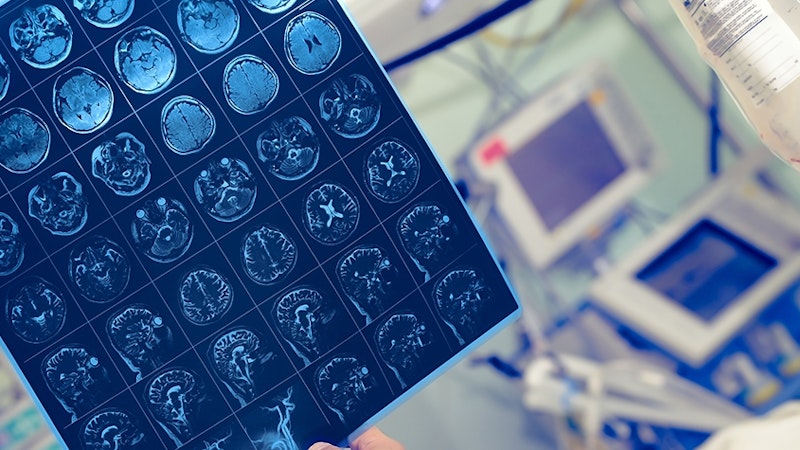
Are you looking for carers who have experience with brain injury?
What is a brain injury?
A brain injury is any damage to the brain that disrupts its normal function. It can result from external trauma, such as a blow to the head, or internal factors like lack of oxygen, infections, or strokes. Brain injuries may be mild, causing temporary symptoms, or severe, leading to long-term or permanent impairments in thinking, memory, movement, or emotions.
What are the types of brain injury?
Brain injuries are classified into traumatic and non-traumatic types.
- Traumatic brain injuries (TBI) result from external forces, such as falls, car accidents, or sports injuries, and include concussions, contusions, and penetrating injuries.
- Non-traumatic brain injuries are caused by internal factors like strokes, infections, lack of oxygen (anoxia), or tumours.
Both types can range from mild to severe, affecting cognitive, physical, or emotional functions.
Who is most at risk of a brain injury?
Those most at risk of brain injury include children, especially those under age 4, due to falls; teenagers, often from sports or risky behaviours; and older adults, primarily from falls.
Additionally, individuals in high-risk professions, athletes, and those with certain medical conditions (like strokes or seizures) are more vulnerable.
Supporting those with a brain injury
Supporting someone with a brain injury requires patience, understanding, and adaptability. First, educate yourself about their specific injury to understand its effects on their memory, emotions, or physical abilities.
Maintain clear, simple communication, as they may process information more slowly. Offer consistent routines to reduce confusion and anxiety. Encourage independence by allowing them to do tasks at their own pace while providing assistance when needed.
Emotional support is crucial; be empathetic and listen without judgment as they navigate frustrations or mood changes. Lastly, connect with professionals or support groups for guidance and resources to ensure the best care.
Accessing support for those with brain injuries
Professional care ensures access to therapists, such as physiotherapists, occupational therapists, and psychologists, who create personalised treatment plans to address physical, cognitive, and emotional needs. Trained carers can also provide daily support, relieving family caregivers and ensuring consistent, expert care. Professional help not only improves recovery outcomes but also supports long-term independence and quality of life.
Professional carers play a vital role in supporting individuals with brain injuries, offering tailored assistance that promotes recovery and improves quality of life. They are trained to manage the unique challenges associated with brain injuries, such as memory issues, mobility difficulties, or behavioural changes. Professional carers provide consistent care, helping with daily tasks like dressing, meal preparation, and medication management, while also encouraging independence whenever possible.
Professional care
In the UK, professional carers often work within multidisciplinary teams alongside therapists and healthcare providers, ensuring a holistic approach to rehabilitation. Their expertise reduces the burden on family members, giving loved ones peace of mind and time to focus on emotional support.
Professional carers can adapt to changing needs, whether the person requires temporary recovery assistance or long-term care, ensuring that the individual’s dignity, comfort, and safety remain a priority. Accessing such support through services like local councils, private agencies, or charities ensures the right level of care for every stage of recovery.